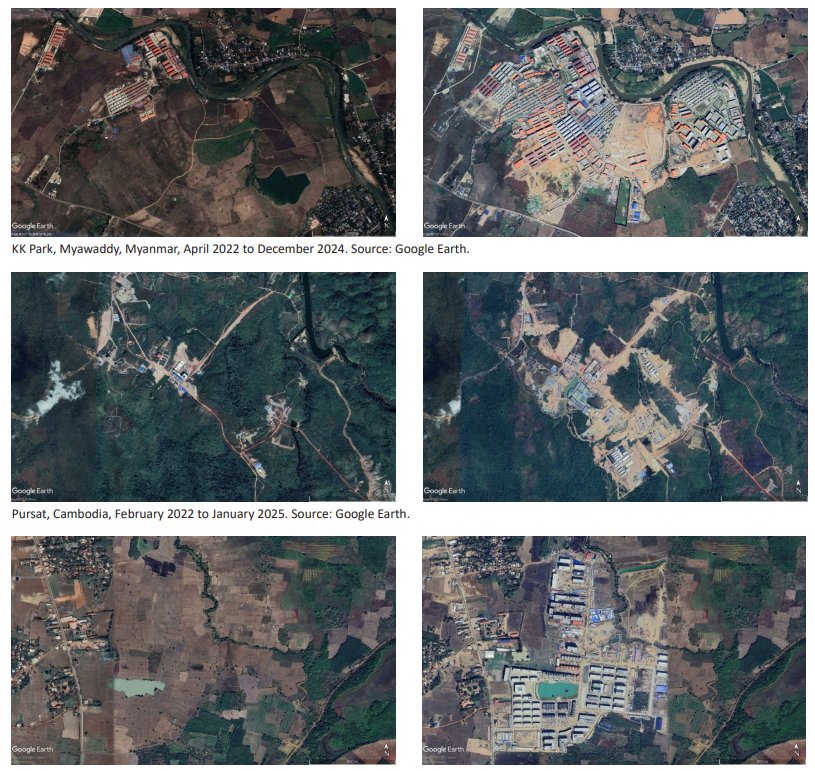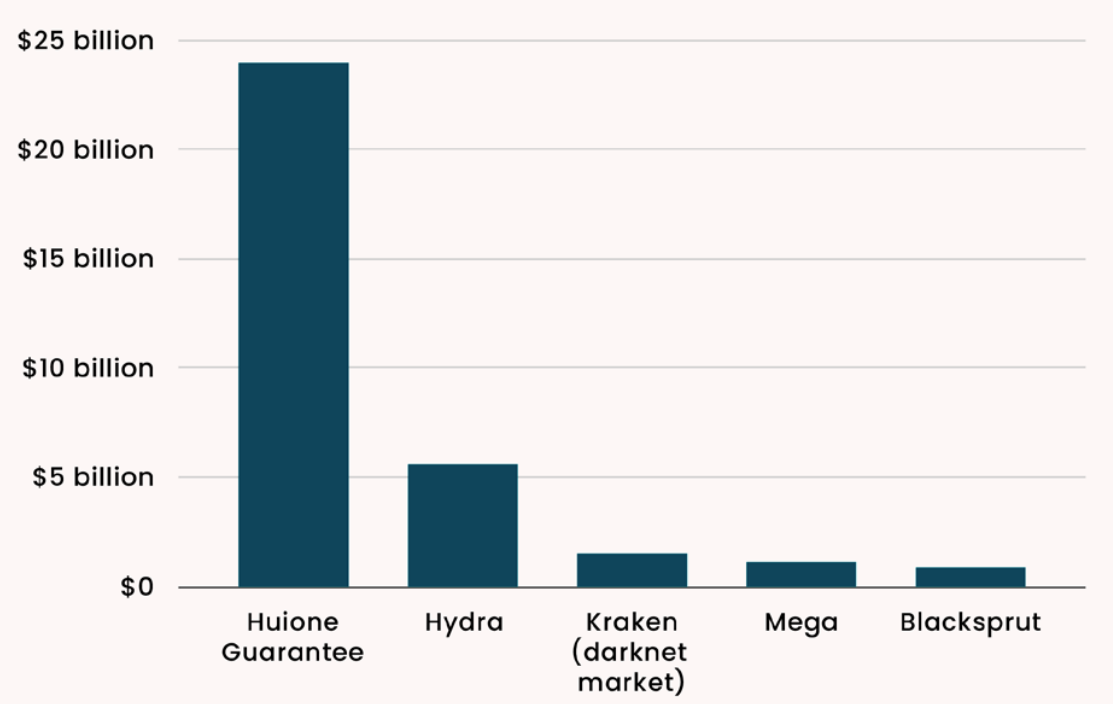In the grand theater of human folly, where villains often wear cheap suits and laugh like hyenas, Southeast Asia’s cybercrime cartels have taken center stage—this time armed not with rifles or daggers, but with digital wands called cryptocurrencies and tailor-made blockchains. According to our esteemed United Nations—a sort of reluctant omniscient narrator—these cyber tricksters have expanded their shadowy empires, stretching their long, hacker-like fingers from the tangled jungles of Myanmar right through to the spice markets of Mexico. Oh, the irony of a global crime syndicate connected by bits and bytes!
The tale’s numbers read like a fairy tale for the wicked: Southeast Asia has blossomed into an Eden for some of the world’s most lucrative cybercrime syndicates. These puppet-masters, luring their victims from the comfort of online shadows, have found cryptocurrency to be as purr-fect a tool as any dark sorcery. The industry has outrun other transnational crimes, probably because you don’t need a trench coat for this kind of business—just a good Wi-Fi signal and a disdain for ethics.

The grim ledger for 2023? A staggering $37 billion vanished into the digital ether, mostly into the grinning, pixelated pockets of crypto scammers. Benedikt Hofmann, the UN’s regional bard of doom, likened their spread to “a cancer.” Which, frankly, sounds like a terrifyingly accurate metaphor—if a little melodramatic for a Saturday night thriller.
Enter The Shady Stablecoins: Blockchain’s Rogue Cousins
With the pseudoanonymity of crypto, governments find themselves chasing shadows on digital quicksand. Crackdowns? The gangs simply dip into more obscure corners, dressed in the latest cyber disguises, sometimes using Starlink satellites to beam their skullduggery beyond the reach of mere mortals bearing badges.
“This [scale of Southeast Asia’s scam network] has extended far beyond the construction and management of physical scam centres to include online gambling platforms and software services, unlicensed payment processors and cryptocurrency exchanges, encrypted communications platforms and, most recently, stablecoins, blockchain, networks, and illicit online marketplaces, often controlled by the same criminal networks.”
— The United Nations Office on Drugs and Crime, describing a carnival that no one wanted tickets to.
Among these phantasmal bazaars of vice is Huione Guarantee—now operating incognito as “Haowang.” This behemoth has become the digital den for cyber-fraudsters, reportedly shaking hands with billions in crypto coins, and rolling out its own entourage of blockchains, gambling dens, and stablecoins designed to mock government controls. A dystopian fintech startup, if you will.

With nearly a million users—some perhaps just curious, others knee-deep in the digital mud—the platform has witnessed an influx of at least $24 billion over four years. All courtesy of those who enjoy the “adventure” of online gambling and grand cyber heists.
When Crypto Goes Global: Scam Cartels Take Over the World
What began as regional mischief now spans continents. Southeast Asia’s crime lords have made unlikely bedfellows with gangs from South America, Eastern Europe, and Africa, sharing tips and tricks like some dreadful international book club. Fun fact: The US alone lost over $5.6 billion to crypto cons in 2023, including the aptly named “pig butchering” scams—sounds gruesome, and it is.
The UN doesn’t mince words: weak governance, fluttering oversight, and corruption have turned Southeast Asia into fertile ground for these pranking powers. Compounds filled with trafficked souls like actors forced onto a grotesque stage make the setting as grim as any Bulgakov scene. Victims from 55 countries, mostly sweating in the dim light of their digital prisons, coerced into fleecing others—welcome to the modern circus of cyber deception.
Even as authorities strive to snip these digital hydras, the criminals simply grow two new heads, this time on Telegram and other encrypted playgrounds. The UN cries out for a grand alliance, or else warns of consequences so dire they’d make Woland himself raise an eyebrow.
Read More
- Best Race Tier List In Elder Scrolls Oblivion
- Elder Scrolls Oblivion: Best Pilgrim Build
- Becky G Shares Game-Changing Tips for Tyla’s Coachella Debut!
- Meet Tayme Thapthimthong: The Rising Star of The White Lotus!
- Gold Rate Forecast
- Elder Scrolls Oblivion: Best Thief Build
- Yvette Nicole Brown Confirms She’s Returning For the Community Movie
- Silver Rate Forecast
- Elder Scrolls Oblivion: Best Sorcerer Build
- Rachel Zegler Claps Back at Critics While Ignoring Snow White Controversies!
2025-04-26 10:24